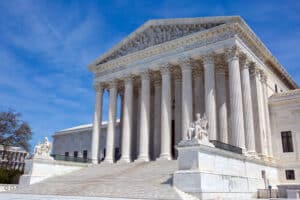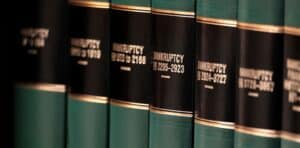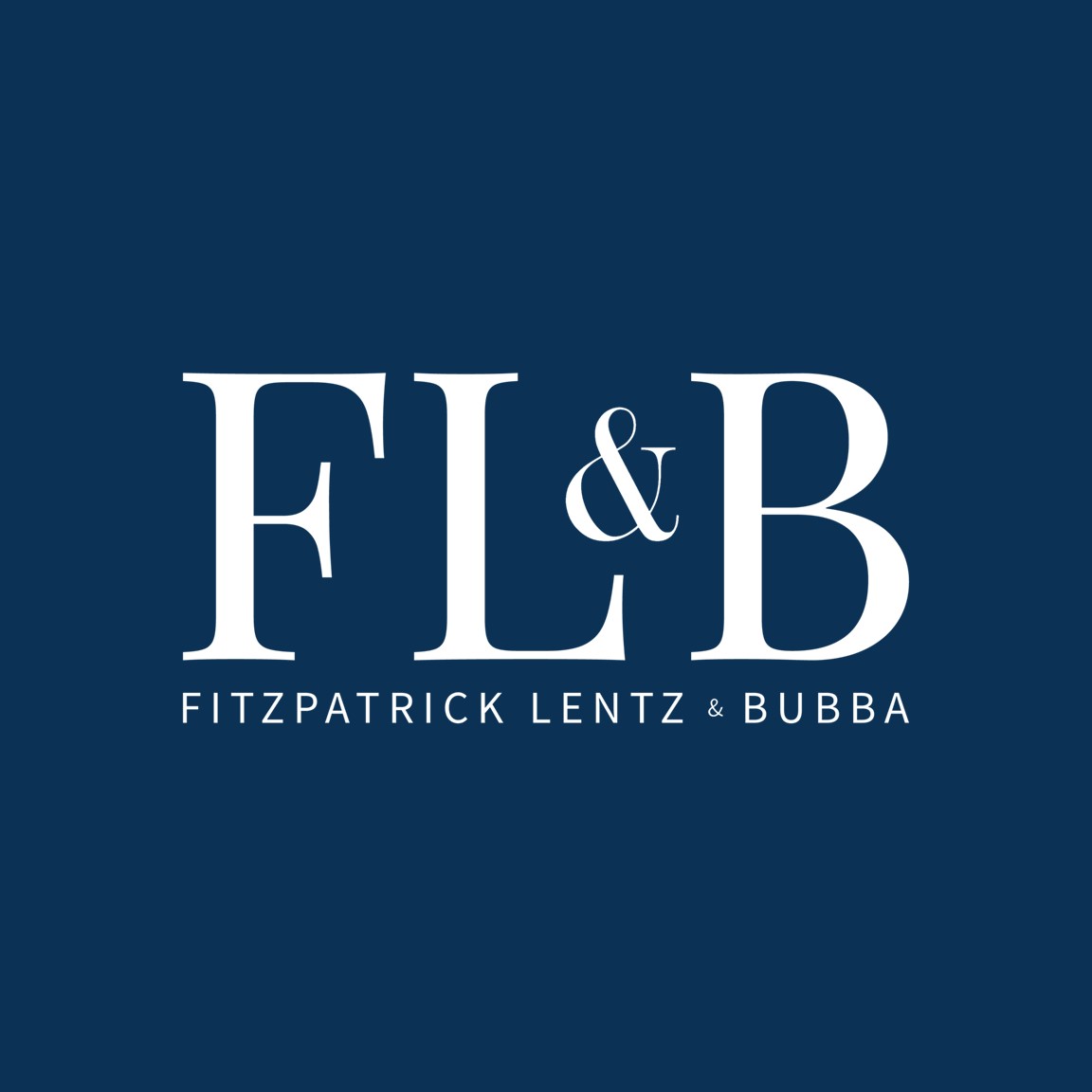“Filing for Chapter 11” is a term many Americans know from news headlines when a business reorganizes due to bankruptcy. The Bankruptcy Reform Act of 1978 sought to establish a uniform law to govern the relationship between creditors and debtors when debtors, whether individuals or corporations, cannot repay their debts; in 1979, this became U.S. Bankruptcy Code. Recently, the Supreme Court gave an opinion on a Bankruptcy Code provision addressing debt obtained through fraud – can it be discharged?
How Does Bankruptcy Code Address Fraud?
The United States Supreme Court unanimously held that a debtor cannot discharge a debt obtained by fraud even if the debtor himself/herself did not personally commit the fraud. In Bartenwerfer v. Buckley, the Court considered the meaning of Section 523 (a)(2), one of the Bankruptcy Code provisions addressing debts that may not be discharged. In relevant part, the statute prohibits an individual debtor from discharging a “debt … for money … obtained by … actual fraud.”
In this case, the “innocent” debtor, Kate Bartenwerfer, and her then boyfriend, David had purchased a house with the plan to renovate and flip it. They acted as business partners in the venture. Kate was largely uninvolved in the remodeling project, but she jointly signed disclosure documents during the subsequent sale of the house to Buckley. The documents failed to disclose defects with the house.
Buckley subsequently discovered significant issues with the house and brought suit against Kate and David under California law. Ultimately, Buckley obtained judgment jointly against Kate and David for more than $200,000 in damages on his claims of breach of contract, negligence, and nondisclosure of material facts. Kate and David, who had since married, were unable to pay the judgment and sought protection in a Chapter 7 bankruptcy case.
Buckley filed an adversary proceeding in the bankruptcy case seeking a determination that the debt was nondischargeable under Section 523(a)(2)(A) of the Bankruptcy Code, which provides that certain debts are not subject to discharge, including a claim “for money, property, services, or an extension, renewal, or refinancing of credit, to the extent obtained by—
(A) false pretenses, a false representation, or actual fraud, other than a statement respecting the debtor’s or an insider’s financial condition . . ..” 11 U.S.C. § 523(a)(2).
Can a Debtor Who Committed Fraud Unknowingly Be Protected by Bankruptcy Code?
The Bankruptcy Court determined that, under a plain reading of § 523(a)(2)(A), the judgment against Kate was non-dischargeable because David’s knowing concealment of the house’s defects was imputed to Kate through their partnership relationship. On appeal, the Bankruptcy Appellate Panel reversed in part and remanded for a determination of whether Kate had independent knowledge of David’s fraud. On remand, the Bankruptcy Court concluded that Kate lacked knowledge of David’s fraud, and accordingly, the exception did not apply, and her debt was dischargeable.
Buckley again appealed and the Ninth Circuit Court of Appeals held that a debtor who is liable for a partner’s fraud cannot discharge that debt in bankruptcy, even if the debtor had no personal knowledge or independent involvement in that fraud. The case then went to the Supreme Court’s decision unanimously affirming the Ninth Circuit, holding that § 523(a)(2)(A) precludes a debtor from discharging in bankruptcy a debt obtained by fraud, regardless of the debtor’s own culpability.
Statutory Interpretation of Bankruptcy Code
The Supreme Court’s decision rested not upon an imputation of fraud to the innocent party, but instead upon strict statutory interpretation. The Court pointed out that Congress drafted § 523(a)(2)(A) in the passive voice, which does not “hide the relevant actor in plain sight,” but rather it “pulls the actor off the stage” entirely. In other words, the debt is nondischargeable, regardless of the identity of the debtor.
By contrast, Sections 523(a)(2)(B) and (C) each specifically identify the debtor as the actor, which the Court concluded evidenced Congressional intent in its use of the passive voice in § 523(a)(2)(A). The Court explained that, applying ordinary rules of statutory construction, Congress must have intended the exception of discharge to apply under § 523(a)(2)(A), regardless of whether the debtor was the actor or not, so long as the debt itself was incurred by false pretenses, a false representation, or actual fraud.
The Court also rejected Kate’s argument that the decision was unfair and contrary to the Bankruptcy Code’s interests in providing debtors with a fresh start. The Court pointed out that the debtor’s notion of fairness could not override Congress’s express intent. Moreover, Kate’s arguments ignored the basis of the judgment against her: California law that held her liable irrespective of her culpability.
Setting Precedent
A result of the Court’s ruling is that fraud victims’ ability to obtain compensation for their losses has been enhanced by a clear national precedent that will prevent the perpetrators from discharging their liability in bankruptcy.
Because the contours of personal liability for the fraudulent acts of another will continue to be defined by state law, if confronted with potential exposure to such a claim, it will remain important to understand how liability for fraud may be imputed through a business relationship.
Our Bankruptcy Law team stays up to date on new regulations and court rulings. With decades of experience with creditors’ rights and the pervasive impact of bankruptcy law on commercial transactions, business dealings, land use, and litigation, we represent commercial creditors and financial institutions in protecting their claims.



